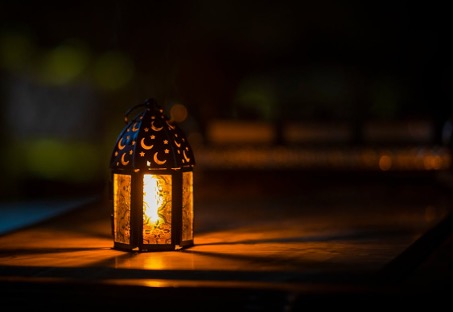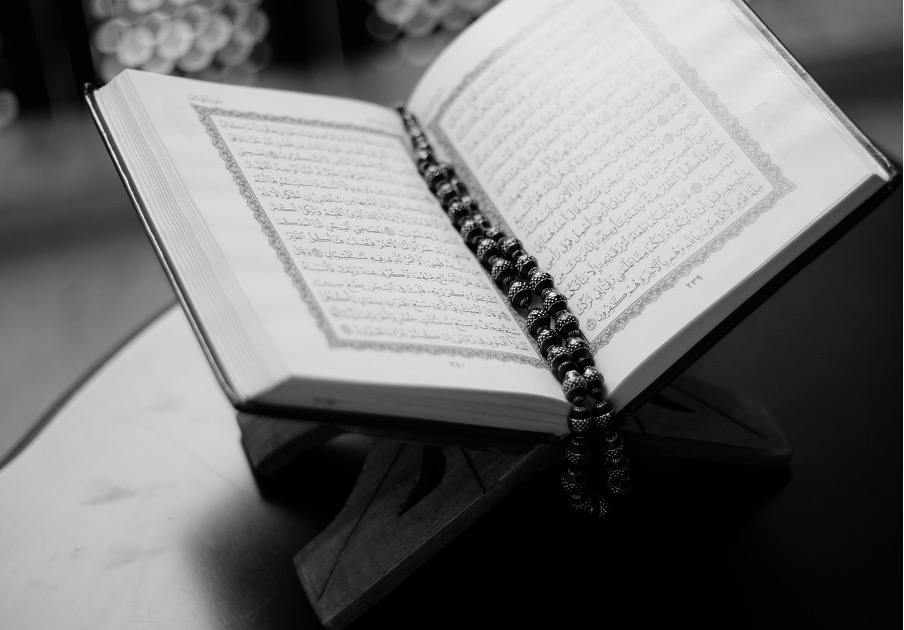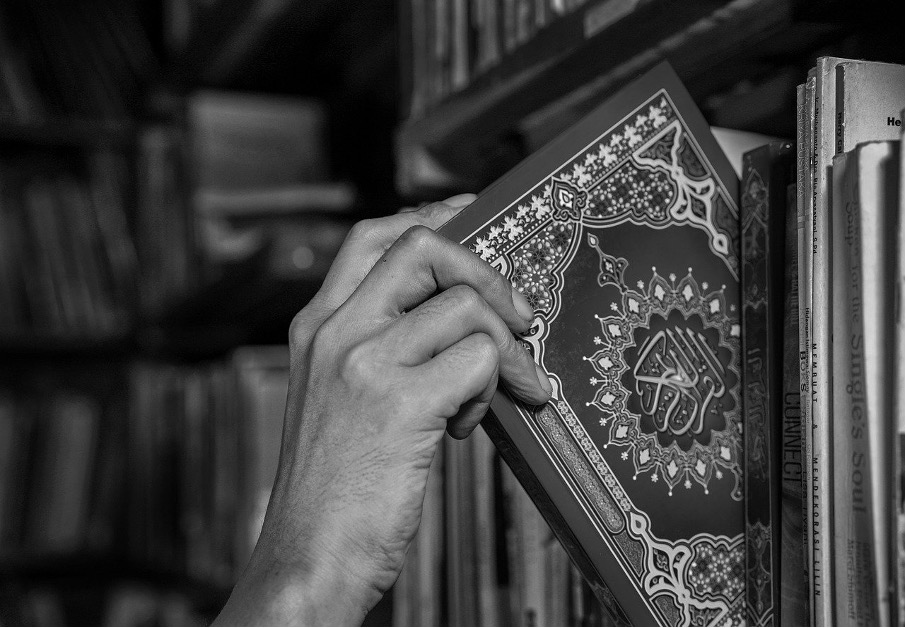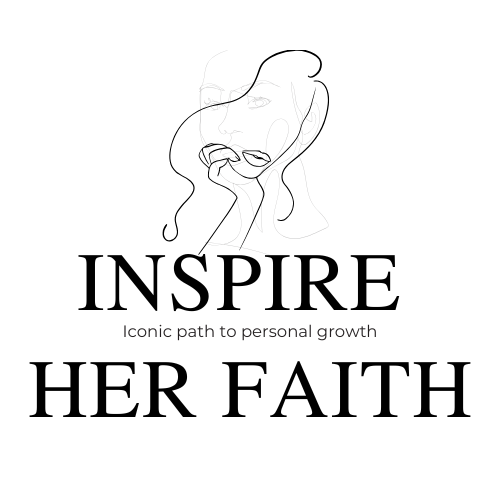
Most women, especially in Western societies, often face criticism when they embrace Islam, either through conversion or by birth. Such skepticism can cause women to misunderstand Islam’s true spirit regarding women’s rights, resulting in feelings of isolation and frustration.
But the fact is, if non-Muslim women understand what Islam genuinely offers, they will take Islam as the most empowering religion.
Their whole perception of Islam will be changed and they may never revert to any other religion after discovering it in its true light. However cultural influence may have an impact on distorting the teachings of Islam on women empowerment.
In order to counter this, it must be discussed with reference to the Quran and Hadith and the example of the Prophet Muhammad (PBUH). Let’s explore it in detail!
Islamic Teachings about Women’s Rights

Islam provides women with opportunities for equal incorporation into society and protects their rights and dignity. For example, Islam clearly states the importance of treating women with respect and kindness. The Prophet Muhammad (PBUH) pointed out that women should be treated with dignity when he said:
“THE BEST OF YOU ARE THOSE WHO ARE BEST TO THEIR WIVES” (Sahih Bukhari, 628)
What this means is that love and respect for wives are some of the highest virtues in the Quran. This was also well illustrated in the personal life of the great prophet of Islam Prophet Muhammad (Peace Be upon Him).
He (PBUH) warned people about treating women courteously in his last Pilgrimage Sermon.
“FEAR ALLAH WITH REGARDS TO WOMEN.”
This entails the fact that men should be right and careful in their dealings with women. The Quran also supports these values and rights. For instance, in Surah Al-Baqarah, verse 228 Allah says:
“AND FOR WOMEN, THERE ARE RIGHTS OVER MEN SIMILAR TO THOSE OF MEN OVER WOMEN.”
This verse implies that they need to respect each other and be fair in the discharge of duties and responsibilities. Furthermore, Islam recognizes the rights of women in other major aspects of life, even in inheritance. As in Surah Nisa 4:7, it is mentioned that women have the right to inherit property too.
Cultural Misinterpretations that Distort Islamic Teachings

Cultural misinterpretations can change the true meaning of Islamic teachings, especially when it comes to women’s rights. These misunderstandings often lead to unfair practices that don’t match what Islam teaches:
- Misconception of Islamic Principles: People sometimes mix cultural traditions with what Islam teaches. For instance, wearing the veil (also known as Khimmer or Niqab) is often misunderstood. It is not just a cultural tradition. It is a way for Muslim women to protect their identity and reject media images that portray women as overly exposed to be empowered. Wearing a veil makes them feel confident and recognized for their faith and culture. Just as precious things are generally covered, Islam instructs Muslim women to keep their dignity protected.
- Misunderstanding of Hadiths: Some misinterpret the sayings of Prophet Muhammad (PBUH), leading to unfair practices against women. They take these Hadiths out of context or misunderstand them, which creates rules that don’t fit with the true spirit of Islam. It’s important to understand these teachings correctly, remembering the Prophet’s message.
Men’s Perspectives on Women Empowerment in Islam
The perspectives of Muslim men are shaped by personal experiences, cultural contexts, and interpretations of Islamic teachings. Most Muslim men, with a true understanding of Islam, support real empowerment, without compromising on some rules.
However, some men think that Islam discriminates against women by restricting or controlling them based on the cultural misinterpretation of Islamic law. Usually, they distort or misunderstand the instructions that seem to uphold honor for women.
But again, Islam, in its traditions and the Quran gives women rights including the right to education, property, and society. To support this we have the life of the Prophet Muhammad (PBUH) who was kind to his wives. The teachings of Islam encourage men to support women in becoming productive members of society, rather than allowing any form of oppression.
Comparing Muslim and Western Views
Culturally, Islamic and Western thought on the issues affecting women and how to empower them has a great difference. In the West, people are more inclined to approach their rights and freedom, such as to choose and be equal in different aspects.
As for empowerment in the Islamic aspect, it is based on honor, dignity, and the sharing of rights and reciprocal responsibilities for both genders.
Education, Economic participation, and respect for women are in the teachings of Islam within a moral and ethical context for the betterment of women and society. The need is to educate and rectify the beliefs that most Western people have towards Islam, where, in reality, true Islam respects their roles, and even empowers them.
Islamic Case Studies

Here are some prominent case studies of empowering women from the history of Islam:
- Khadijah bint Khuwaylid (RA) was an independent, successful businesswoman who employed people and received people’s respect. Her success is a good example of a powerful woman capable of working in business. This influential leadership position shows an example of early empowered women under Islamic principles.
- Prophet Muhammad’s (PBUH) wife, Hazrat Ayesha (RA) is another example. She was a scholar and best known for her contributions to the spread of Islamic law and instructions. The way Hazrat Aisha’s deep knowledge of the Quran and Hadith helped her excel in intellectual roles demonstrates the true essence of women empowerment in the Islamic community.
- Nusaybah bint Ka’ab (RA) was a remarkable woman known for her bravery in battles. She joined the Prophet Muhammad (PBUH) in several key events. Her presence in battles was not just as a supporter but as a guide who made key contributions. This demonstrated that women were capable of participating in demanding roles in warfare. Her involvement was a powerful example of women’s empowerment in the history of Islam.
- Beegum Zubaida bint Jaafar, an Abbasid princess, was known for her contributions to society. She had a great knowledge of The Quran, Hadith, and various sciences. She made efforts to help pilgrims by funding the construction of wells and improving the water supply from Baghdad to Makkah. Hazrat Zubaida’s contributions demonstrate the impact of women’s leadership and philanthropy in early Islamic history.
Redefine Women Empowerment!
It is important to note that Islam, unlike some Western societies, upholds the rights, respect, and opportunities for women in society. The role of women in early Islamic society can be illustrious by the examples of Hazrat Khadijah (RA), a businesswoman, Hazrat Ayesha (RA), an intellectual scholar, Nusaybah bint Ka’ab, and many others.
True Islamic teachings need to be followed and such issues can be addressed with the help of proper Islamic knowledge regarding women’s empowerment. So summing it up, Islam values and encourages women’s participation in many aspects of life, showing that empowerment and dignity go hand in hand with the Islamic principles.
Check out InspireHerFaith.com for more valuable tips on self-improvement, spirituality, and health for Muslim women.




